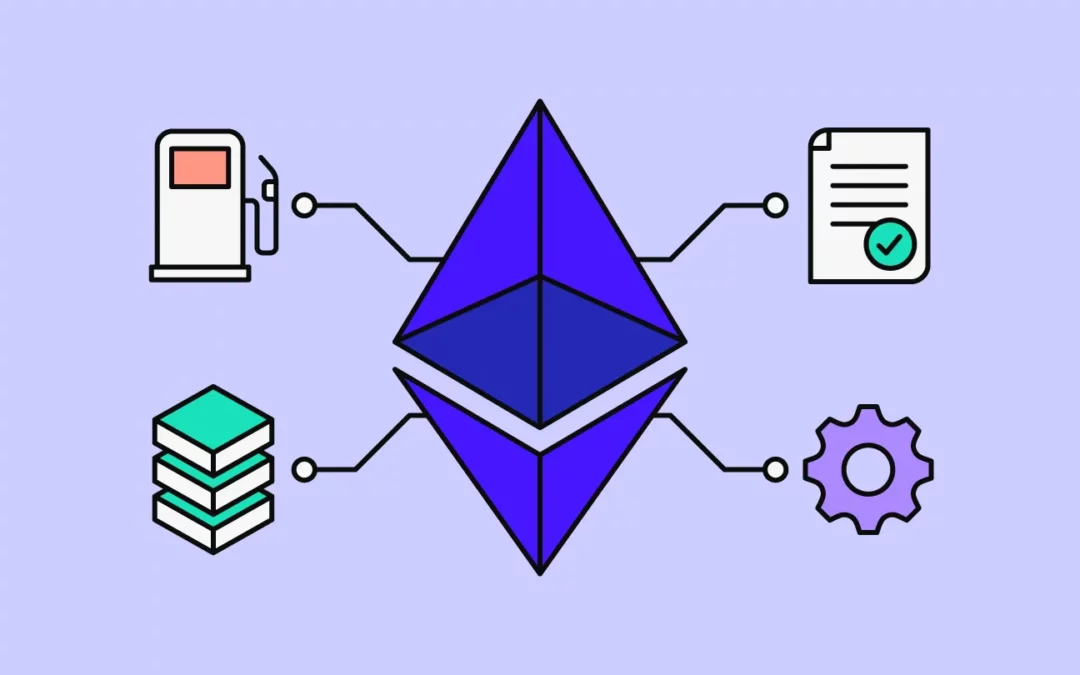What Is ETH Used for Besides Trading?
When most people hear “Ethereum,” they immediately think of trading or investing in ETH — the cryptocurrency that powers the Ethereum network. But here’s the thing: Ethereum is so much more than just a digital coin. In fact, it’s one of the most widely used blockchain platforms in the world, with endless real-world applications.
Let’s break down what ETH is really used for — beyond the charts and crypto exchanges.
Smart Contracts: The Heart of Ethereum
Smart contracts are self-executing agreements that run automatically when certain conditions are met — no middlemen needed. For example, imagine renting a digital item or property and automatically getting access once payment is sent. That’s all powered by Ethereum’s smart contracts.
These contracts make transactions faster, cheaper, and more transparent — and they’re changing industries like real estate, law, and finance.
Decentralized Finance (DeFi)
DeFi (Decentralized Finance) is one of Ethereum’s biggest revolutions. It allows users to borrow, lend, save, and earn interest — all without a bank. Platforms like Aave, Uniswap, and MakerDAO run on Ethereum, using ETH to pay for transactions and interact with protocols.
In DeFi, ETH often serves as collateral for loans or as a base currency for liquidity pools, making it a critical part of this new digital economy.
NFTs and Digital Art
If you’ve ever heard of NFTs (non-fungible tokens), you’ve seen Ethereum in action. Most NFT marketplaces — like OpenSea — are built on Ethereum. ETH is used to buy, sell, and mint these digital collectibles, which represent ownership of art, music, videos, or even virtual land.
Artists and creators love Ethereum because it allows them to get paid directly by their fans, without traditional middlemen like galleries or streaming platforms.
Gaming and the Metaverse
Ethereum has opened the door to blockchain gaming and the metaverse. Games like Axie Infinity and Decentraland use Ethereum-based tokens and smart contracts to give players real ownership of in-game assets.
This means you can earn tokens, trade virtual land, or sell your game items for real-world value — all powered by ETH transactions.
DAO Governance (Decentralized Autonomous Organizations)
DAOs (Decentralized Autonomous Organizations) are community-led groups that make collective decisions using Ethereum smart contracts. ETH holders can vote on proposals, project funding, and changes in governance.
This is a huge step toward creating transparent, democratic systems that don’t rely on traditional institutions.
Paying for Gas Fees
ETH is also used to pay for “gas fees” — the cost of executing transactions or running apps on the Ethereum blockchain. These fees help secure the network and ensure everything runs smoothly.
Every time someone interacts with a decentralized app (dApp) or transfers tokens, a small amount of ETH is used as payment to validators who keep the network operational.
Final Thoughts
Ethereum isn’t just an investment. It’s the foundation of a massive digital ecosystem — powering everything from finance to art, gaming, and beyond. As the world continues to move toward decentralization, ETH will only grow more valuable — not just in price, but in purpose.
If you’re new to crypto, understanding Ethereum’s real-world uses is one of the best steps you can take before investing.

